Climate Change
September 3rd 2025
It only makes sense to continue reading here if you read the arguments and explanations, and you are confident that you will consider seriously and openly. Anyone who is only looking for reasons to confirm his or her own opinion will not necessarily be happy here.
Climate Crisis - what do we "know" about it?
- It is getting warmer…
- It is getting drier…
- Extreme weather events are increasing…
- Humans are to blame…
- Human-made CO2 is to blame…
- The ice is melting… sea levels are rising…
- Climate protection = Environmental protection
1. It is getting warmer
I live in Germany. As a child, I remember we had snow every winter and we went sledding and skiing even in central Germany. Now, there is rarely snow in Germany unless you live in the mountains. There are also evaluations from NASA showing that globally there is a trend toward higher temperatures. It’s getting warmer: point checked, right?Well, there are three things. First, we should pay attention to the weather stations and their locations. It is obvious to everyone that some weather stations, which were originally built in the open countryside near cities, are now surrounded by urban environments due to urban sprawl and therefore report higher temperatures. Second, it is proven that the density of weather stations has decreased. And the third point relates to satellite data. They measure the temperature at a different altitude above the ground than the thermometers in weather stations. So you can’t simply compare the data, even if both measurement methods actually have a similar margin of error. They are simply different methods. The question is: How valid is the data showing an extremely rapid global rise in average temperature? Could it be that we are simply within normal fluctuations?
However, I want to make it clear without dispute that the average temperature in Germany is currently rising.
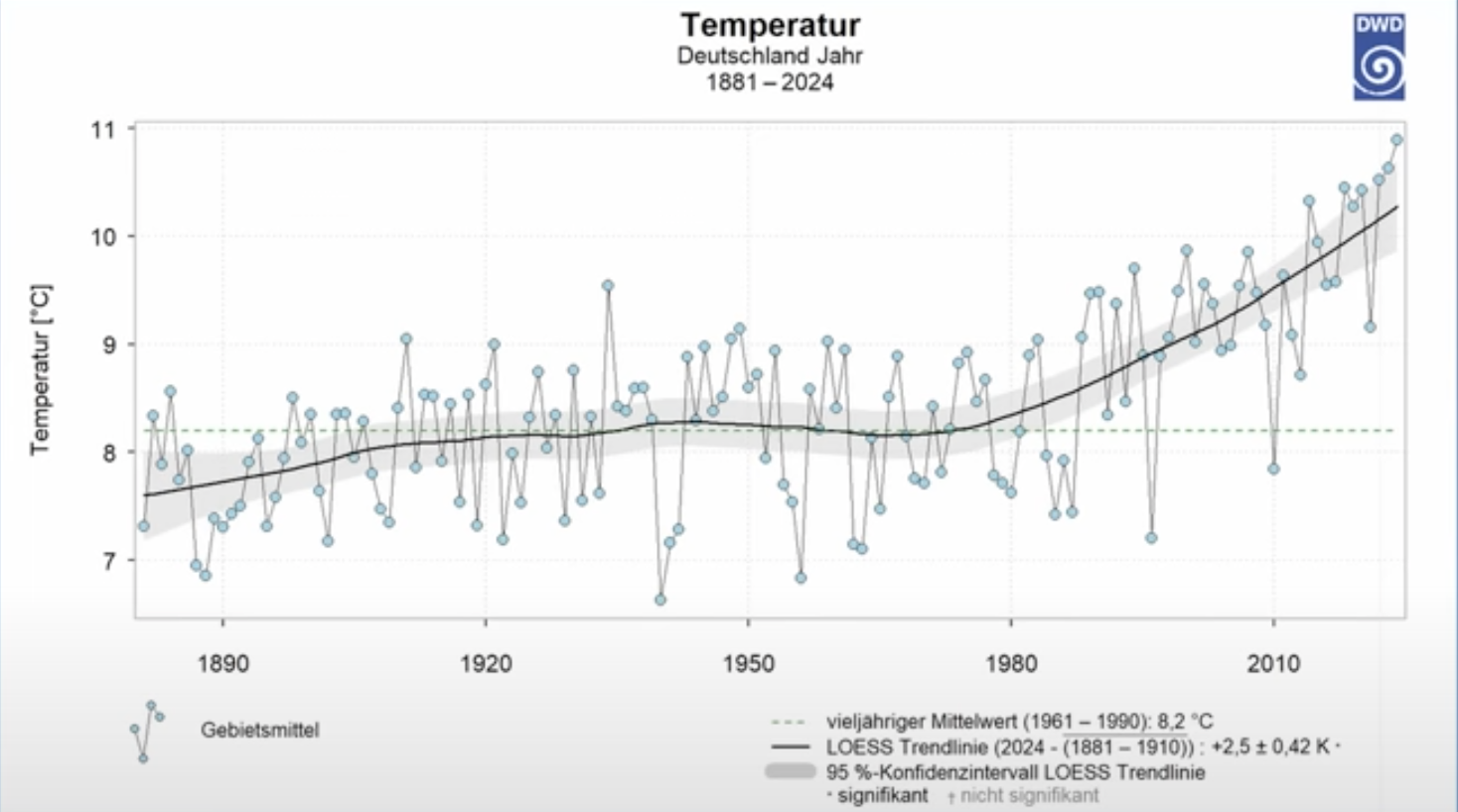
Fig. 1 from a presentation by Prof. Homburg and the DWD - https://dwd.de
Nevertheless, there are regions on Earth where the average temperature is decreasing.Moreover, the Earth’s atmosphere has warmed and cooled many times in the past (Fig. 2). We are demonstrably not in a period that is changing faster than ever before (Fig. 3), nor are we in an especially warm period. Since the poles are currently not ice-free, we are actually in a cold period…
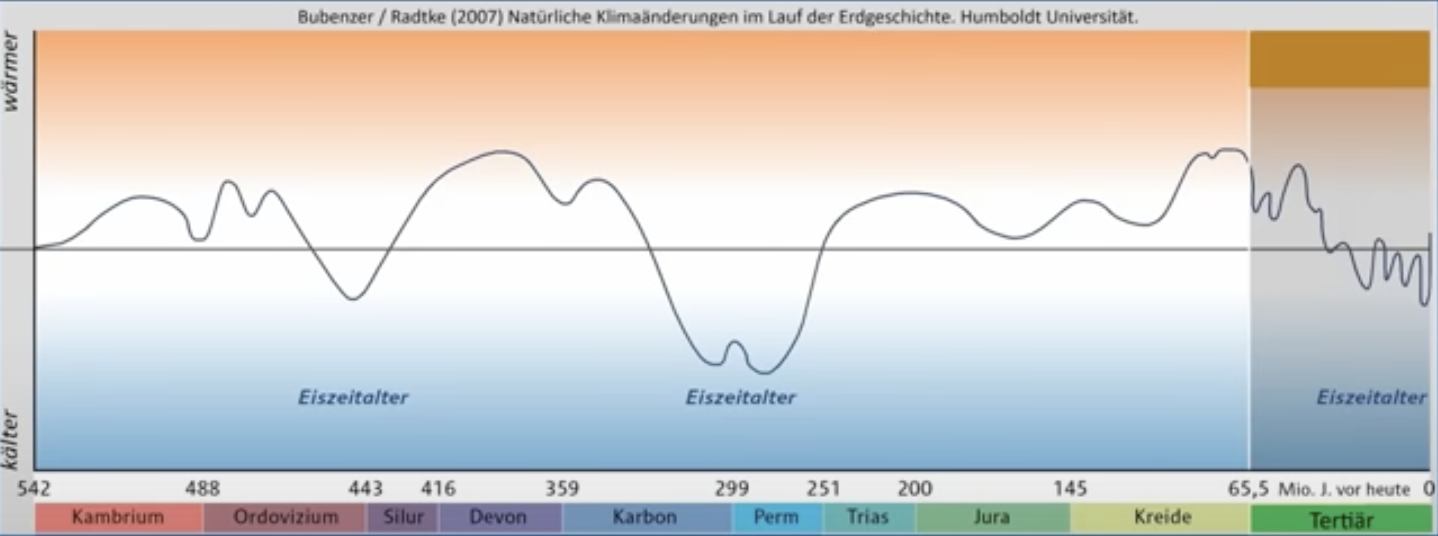
Fig. 2 from a presentation by Prof. Homburg and the work of Bubenzer / Radtke (2007)
Natürliche Klimaänderungen im Lauf der Erdgeschichte. Humboldt Universität
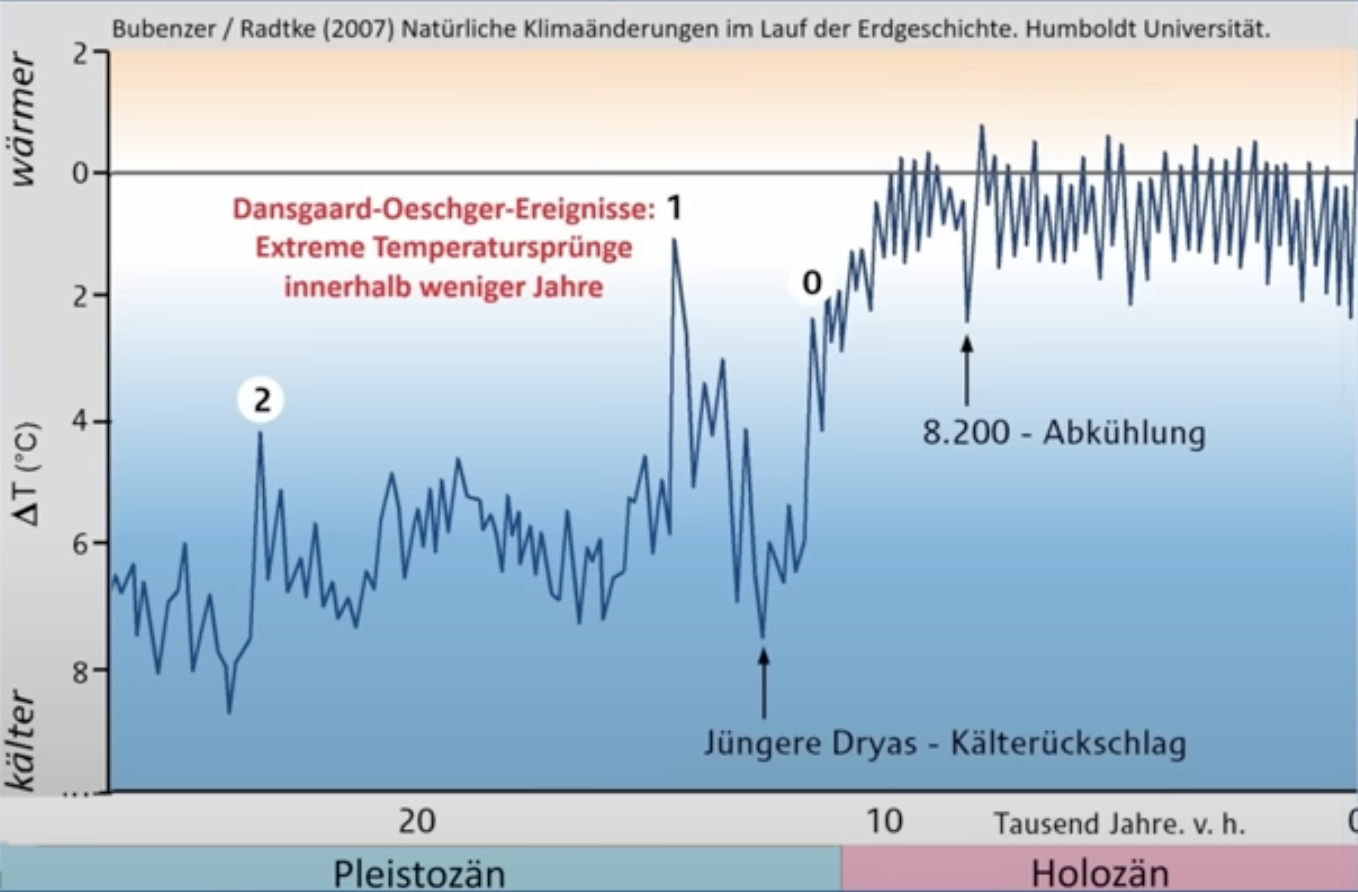
Fig. 3 from a presentation by Prof. Homburg and the work of Bubenzer / Radtke (2007)
Natürliche Klimaänderungen im Lauf der Erdgeschichte. Humboldt Universität
2. It is getting drier
I’ll keep it brief here. In Germany, there are many statistics, and the precipitation statistics for an area large enough to filter out local phenomena show no significant change in precipitation. On the contrary, Fig. 4 shows that precipitation is actually increasing on average. 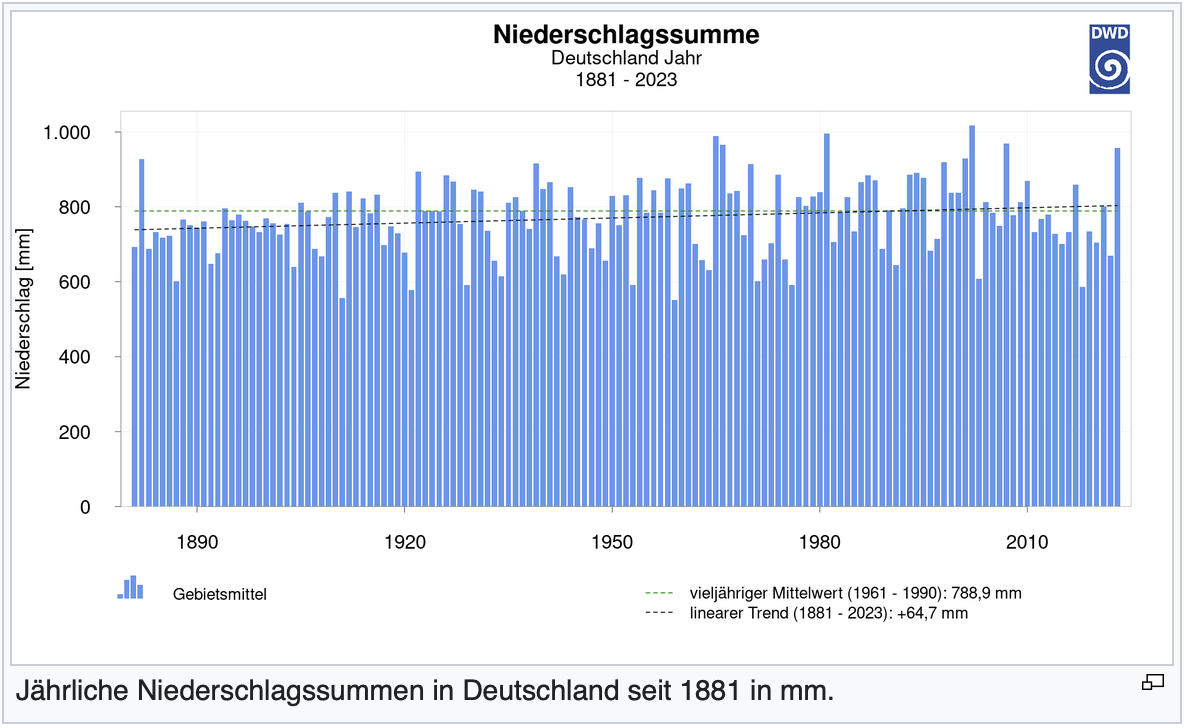
Fig. 4 - https://de.wikipedia.org/wiki/Zeitreihe_der_Niederschlagssummen_in_Deutschland_seit_1881
3. Extreme weather events are increasing
It is exactly the same as with precipitation. The statistics do not support the claim. However, reporting has improved. In addition, due to brilliant decisions made by inexperienced officials, measures that were previously taken to reduce damage from extreme weather events have been dismantled. This does not lead to more extreme weather events, but to greater damage. 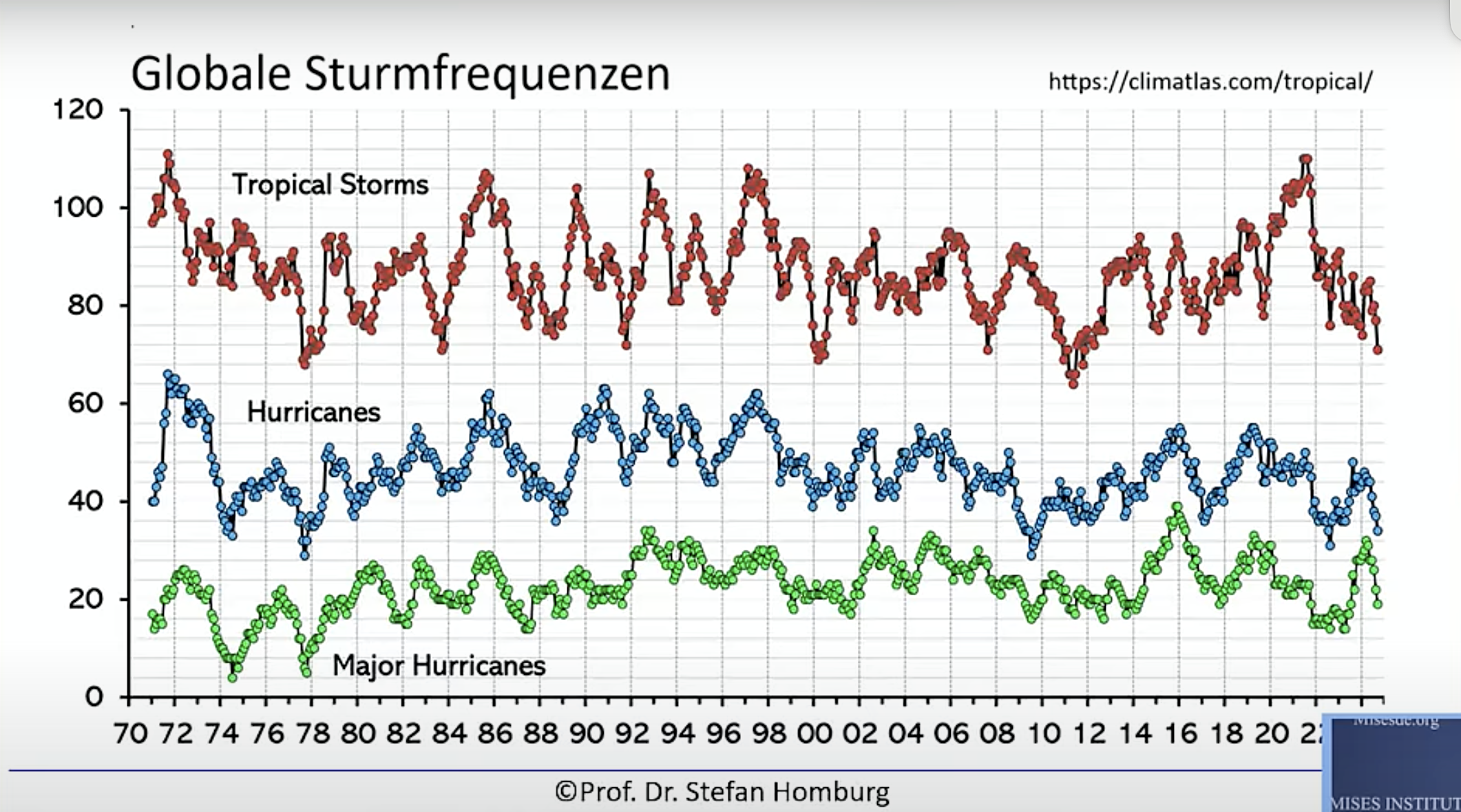
Fig. 5 from a presentation by Prof. Homburg and - https://climatlas.com/tropical/
4. Humans are to blame AND 5. Human-made CO2 is to blame
And here it gets really interesting! If the climate is changing in a way that is not unusual compared to previous changes — can we really blame anyone for it? The Earth is slowly getting warmer (and we are demonstrably still within a normal range), so is humanity the cause, or could the sun have a much greater influence? Many scientists have shown that solar cycles have an impact on Earth’s temperatures that far exceeds human influence. The researchers who estimate the human impact to be greater often rely on assumptions and projections. Where have we seen that again in recent years??? 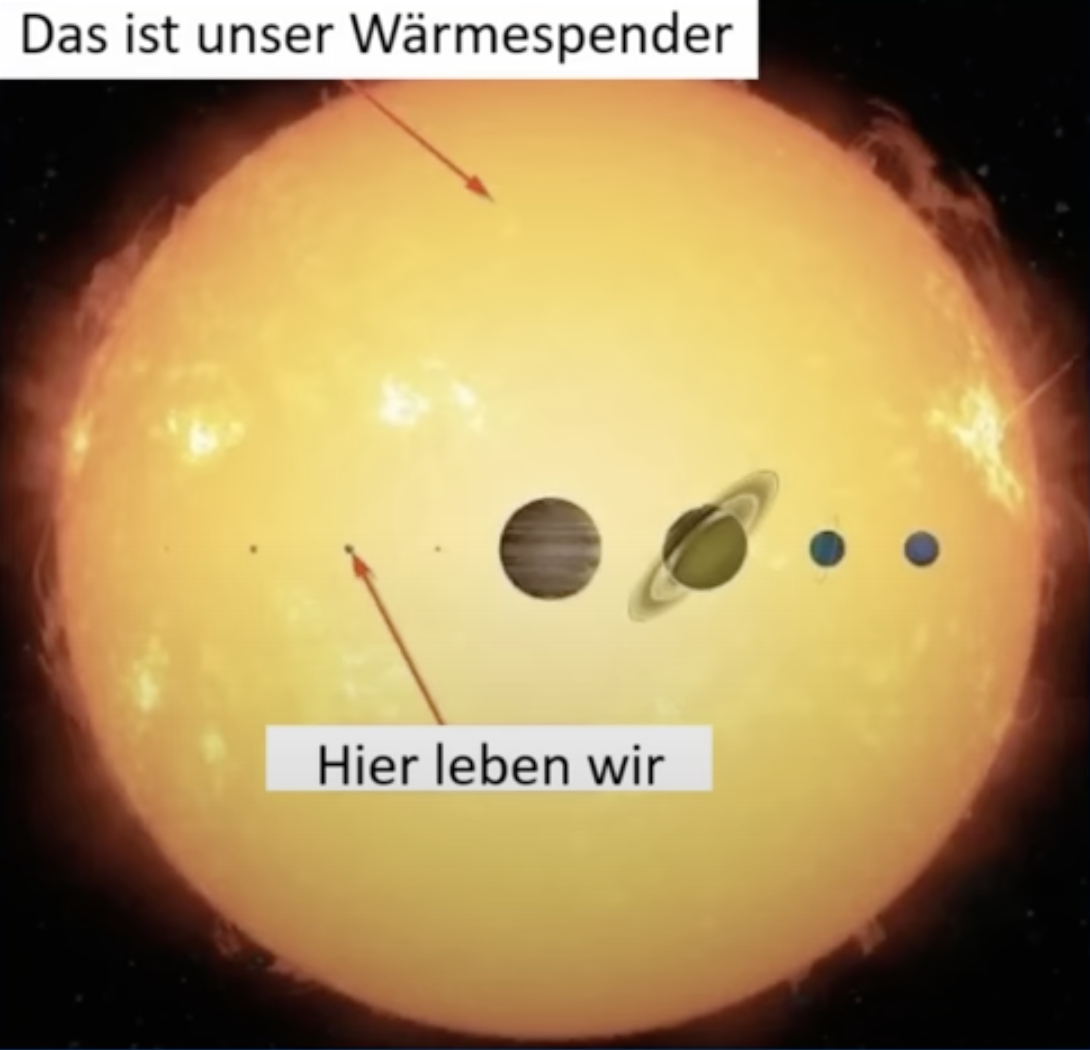
Fig. 6 from a presentation by Prof. Homburg
The topic of CO2 shows even more clearly that perhaps we should proceed with greater caution. On the one hand, studies of ice cores from Antarctica — which allow us to look far back into the past — show that temperature changes on Earth are followed by changes in the CO2 content in the air, and not the other way around. On the other hand, every child in elementary school learns that plants absorb CO2 from the air, which they need for their metabolism and thus for their growth. So if we want to reduce the already very low CO2 levels in the air at all costs, we automatically impair normal plant growth as well. And whether you are vegan, vegetarian, or a meat eater, food production always begins with plants. I, for one, will definitely not be eating products from food printers where no one uninvolved really knows what’s inside.5. Climate protection = Environmental protection
The assumption that CO2 is the cause of an extraordinary global warming, however, has even more tragic consequences. The current transformation of our energy production is originally based on this very assumption. Yet, what is being done now completely overturns what one would logically conclude with simple reasoning. Moreover, climate protection measures often achieve the exact opposite of earlier environmental protection efforts. In my opinion, the climate protection transformation is not only destroying the Western economies but also our environment. And yet, the whole thing is apparently being enthusiastically celebrated and supported by many.Undisputed data from the past show very large variations in the CO2 content of Earth’s atmosphere.
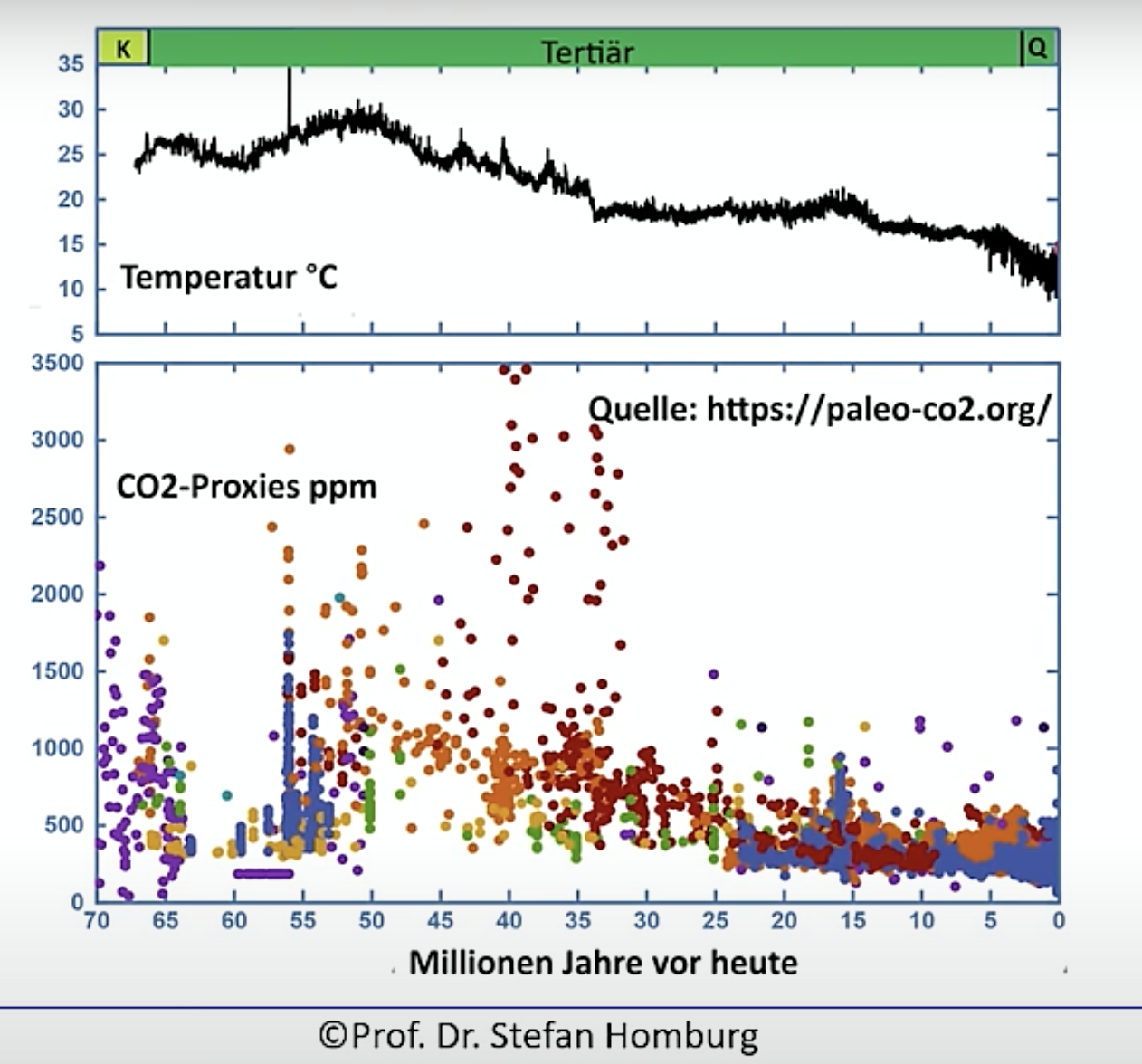
Fig. 7 from a presentation by Prof. Homburg and - https://paleo-co2.org/
People would (ideally) like to obtain all our required energy from so-called “renewable” energy sources. By this, they often mean solar and wind energy, forgetting that light and wind do not “renew” themselves. In the literal sense of the word “renewable,” I would think of wood, but let’s set that aside.Now, the problem with solar energy is that solar panels are not only made of silicon but also other components that later cannot be separated. It now appears that in a few years, we will have many millions of tons of solar panel waste that we simply will no longer be able to dispose of. The estimated lifetime of solar panels is about 30 years. After that, their efficiency becomes so poor that they must be replaced.
The same applies to wind turbines. For some reason, they are made from toxic, non-biodegradable materials. They also contain rare elements that can only be mined with enormous environmental destruction at the extraction sites. Moreover, they are supplied during construction with all the lubricants they might need for their entire lifespan. I assume the calculations there are not exactly conservative. The anchoring in the ground is also a disaster for the environment. Most people are not even aware of this. Entire forests are cleared to put up something that is definitely toxic, something that will almost certainly never be dismantled after 20 years but likely just buried in the ground — if funds are even available for that.
Another problem is the fluctuating availability of these energy sources. To convert an economy to rely on them, one would need buffers (e.g., batteries, pumped storage plants — all of which also come with potential environmental problems), which would definitely have a negative impact on efficiency. Alternatively, conventional power plants must be kept as backup. But this means that everything there, including the workforce, must always be on standby, as if these conventional plants were actually producing electricity. This, in turn, destroys any economic advantage one could ever attribute to this new energy production. And to top it all off, all studies show that the “old” energy sources are not simply NOT used. No, they are simply used elsewhere instead. So, even if no one agrees with my opinion here, we are shutting down the most modern and cleanest power plants in Germany, only to produce energy somewhere else less efficiently and more harmfully to the environment. That this is possible in the country of poets and thinkers is something I would have never have believed before.
6. The ice is melting and sea levels are rising
In the last ten years, the amount of ice in Antarctica has increased. Since this is by far the largest ice sheet and ice mass on this planet, I could stop right here. Nevertheless, I would like to briefly point out that the loudest advocates for all climate measures often own beachfront properties with huge mansions. And as if that weren’t enough, the flood insurance there is not at astronomical levels either. So, even from a financial perspective, there doesn’t seem to be much reason to worry. 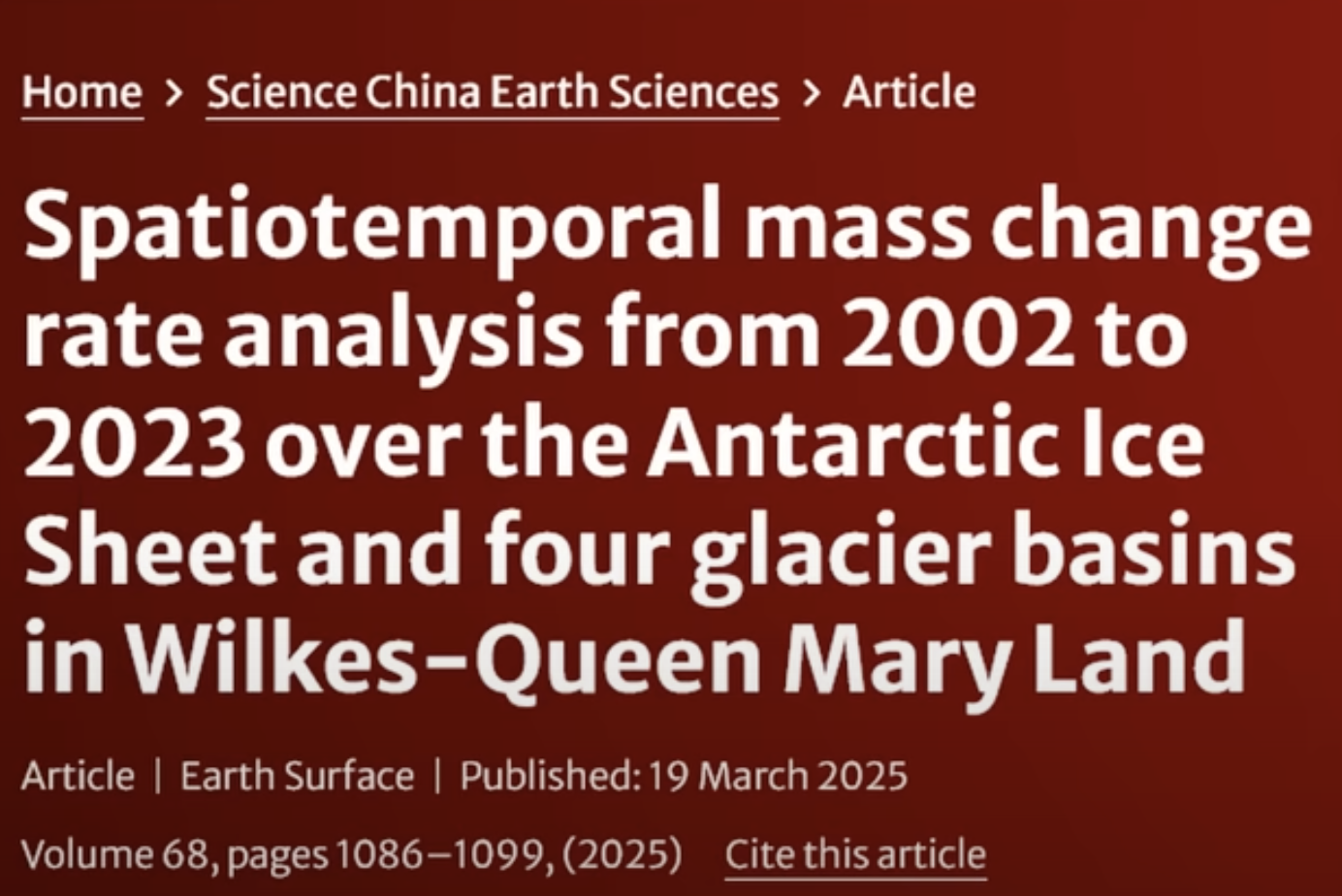
Fig. 8 from a presentation by Prof. Homburg - you can download the article for free
To the dedicated reader who has made it this far: thank you! If you are still open to a little thought exercise — why is our energy supply being converted entirely to electricity, while we are being deprived of every opportunity to, for example, still heat our homes with renewable energy sources such as wood? Or what happens if we all have only electric cars and then there’s no more electricity coming out of the socket? Sure, electricity is also required for the production of gasoline and diesel, but in theory, that electricity could be produced independently. Wouldn’t all digital payment systems also be rendered useless then? Why would anyone knowingly head in such a direction?My personal opinion on the climate topic is that, as with other issues, reality is being mixed with projections and deliberate misrepresentations, which are then repeated over and over again. Those who, like me, have doubts don’t want to be pointlessly labeled as “climate deniers” but instead want to encourage people to think about whether everything that is thought and said is actually correct. And if we are not sure, what does that mean for the measures being taken? Because of the idea that all cars should be electric, the entire industry is being restructured. Because natural gas and oil are suddenly considered terrible, a large part of the chemical industry is moving away. Germany used to be a global leader in both areas, and the prosperity of the population was based on that. It is already clear in 2025 (and even before) that the vast majority of other countries are not following this example and they have good reasons for that. Catching up with them is becoming harder with each passing day!
back